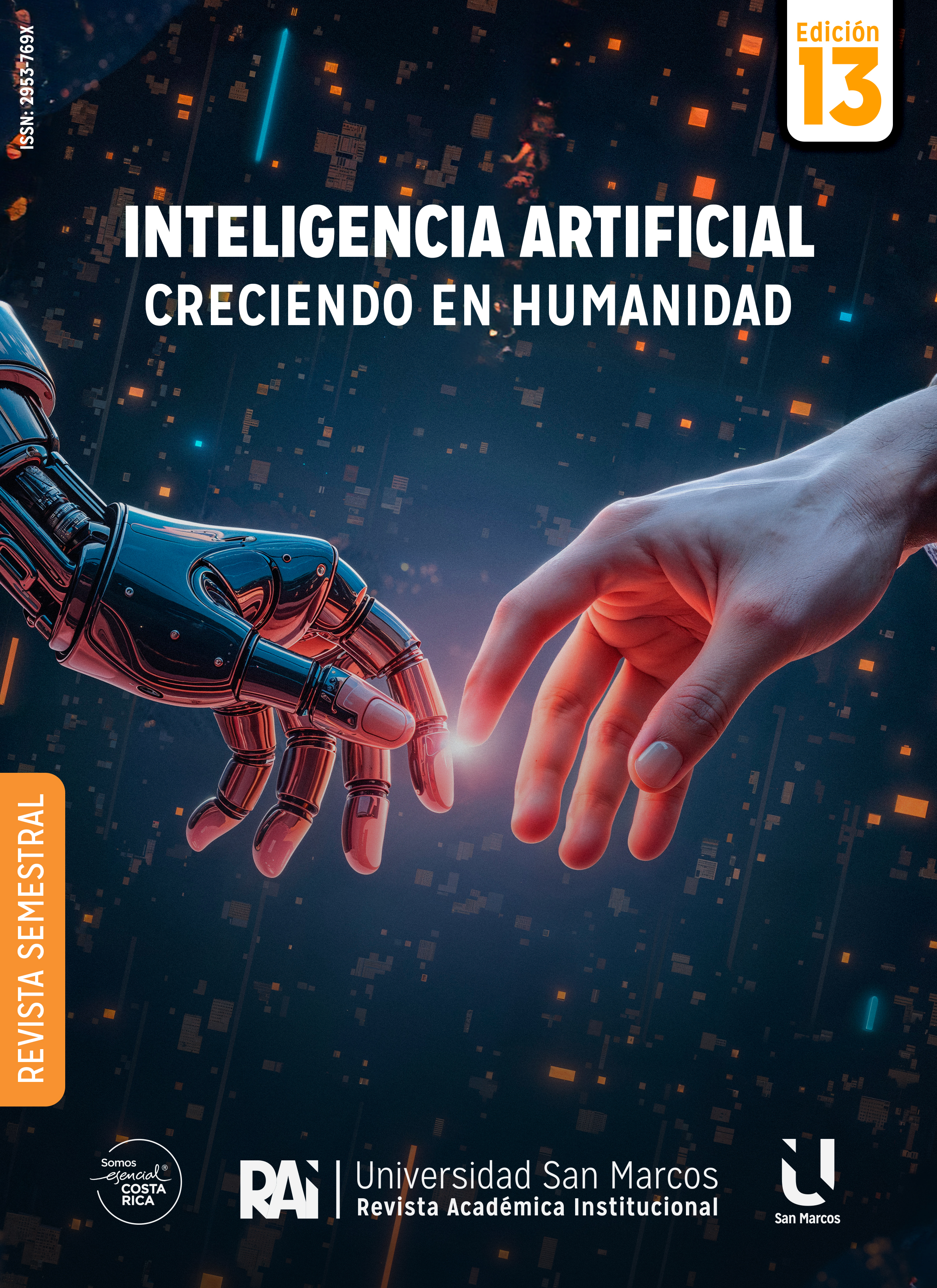Impact of artificial intelligence on the efficiency, creativity and ethics of strategic marketing
DOI:
https://doi.org/10.64183/vr50v028Keywords:
Artificial Intelligence, Marketing, Efficiency, Creativity, Ethics, StrategyAbstract
This article analyzes the strategic impact of Artificial Intelligence (AI) in marketing, with emphasis on its ability to improve operational efficiency, foster creativity and pose new ethical challenges. Based on a review of specialized literature and recent studies, it is concluded that AI is not only an operational tool, but a resource that redefines the role of marketing and communication professionals. The key to its successful integration is a conscious, ethical and strategic approach.
Downloads
References
European Commission (2022). Ethics guidelines for trustworthy AI.
Gartner (2023). AI Marketing Technology Report.
Harvard Business Review (2023). What Generative AI Means for Strategy.
IBM (2024). Ethics in Artificial Intelligence: Guidelines and Risks.
McKinsey & Company (2024). The State of AI in 2024. Disponible en: https://www.mckinsey.com
OpenAI (2023). GPT Applications and Use Cases in Industry.
Salesforce (2023). The Role of AI in Modern CRM.
Statista (2023). Global Artificial Intelligence market size in marketing 2018–2025.
Downloads
Published
Issue
Section
License
Copyright (c) 2025 Revista Académica Institucional

This work is licensed under a Creative Commons Attribution-NonCommercial-NoDerivatives 4.0 International License.










